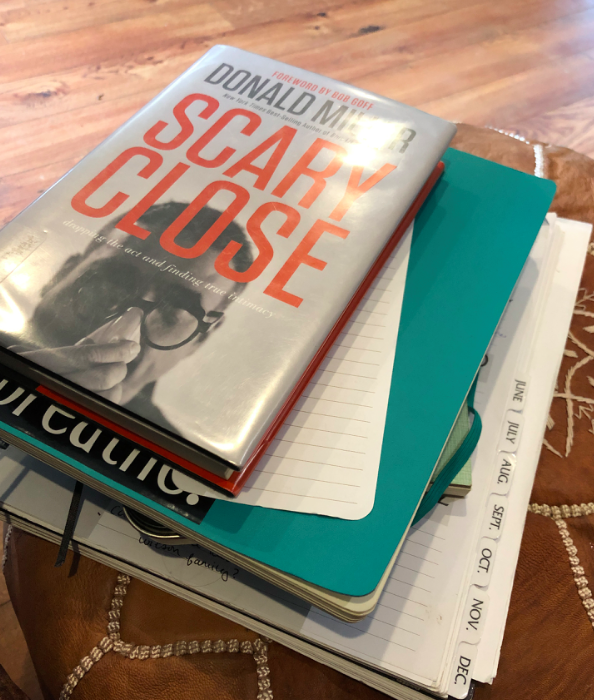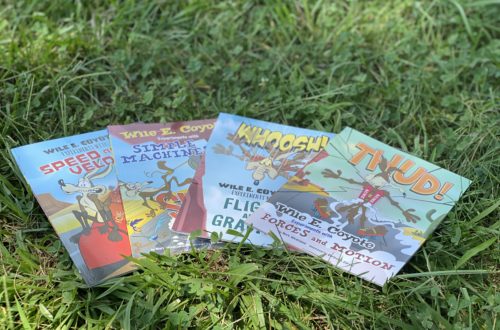Folks, This Ain’t Normal: A Book Review
Perhaps I was pre-disposed to like this book.
The author – Joel Salatin – is a Virginia farmer. A good old country boy who attended college in South Carolina but returned home to his Shenandoah Valley roots and his family’s farm.
He’s a Southerner with an education, a passion for real food and a vision to show people there is a way to manage land and animals appropriately and with good stewardship.
And he loves Jesus.
That’s my kind of guy.
I waited about two month’s on our library’s interlibrary loan system to get a copy of Folks, This Ain’t Normal in my hands.
It’s a popular book and it’s due back tomorrow because there’s already several holds on the 350 plus page guide book.
I knew from the start that I’d wish for my own copy.
It’s absolutely the sort of book you want to dog ear the corner of the pages and underline the ideas and use as a reference for future refreshers.
A review on the cover calls Salatin the “high priest of the pasture” and that makes me laugh, but I like the phrase just the same.
Chapter by chapter, problem by problem, Salatin sets forth the issue and then ends each chapter with practical steps the reader can take to embrace the famous Ghandi quote of “being the change you want to see”.
It’s lofty at times, it’s ideal, it’s grand. But it’s also practical and doable, with its feet firmly planted in reality.
But it’s not a pat-you-on-the-back, you’re-doing-a-fine-job-already, don’t-change-a-thing sort of book.
It’s more of a kick-in-the-pants, maybe-you-need-to-reassess-your-daily-actions, sort of read.
And I have been feeling the conviction, that’s for certain.
I find his writing straightforward, his style engaging, his ideas challenging, his calls to action appealing.
Our normal in the food industry has been redefined for us and we’ve offered our consent by non-action as we eat heavily processed, far removed from whence it came, material that we refer to as “food”.
Chlorinated eggs and cheese product and meat that requires high-tech machines to detect the bones ground into it is appalling. It’s gross. And, as Salatin asserts, it sure isn’t normal.
Shoving thousands of cattle into feedlots and gassing chickens and mutating vegetables to grow larger and faster should not be our standard.
Big government telling me I cannot buy milk from my neighbor’s cow or pay my friend to process his pig into bacon for my family is stealing my freedom of choice.
Food – the path it travels from its origin to my stomach – matters to me.
I love Salatin’s passion throughout this entire book.
It compelled me to plow through a chapter or two that I felt I was drowning in to get to the big picture.
We’ve come a long way from the farm.
And it’s not all been a good journey.
Folks, This Ain’t Normal is definitely worth your time to read. It’s worth your health and your gut to think about the way you eat and the way you buy food and the way you think about food.
And you should probably just buy your copy – it might be a long wait at the library.



